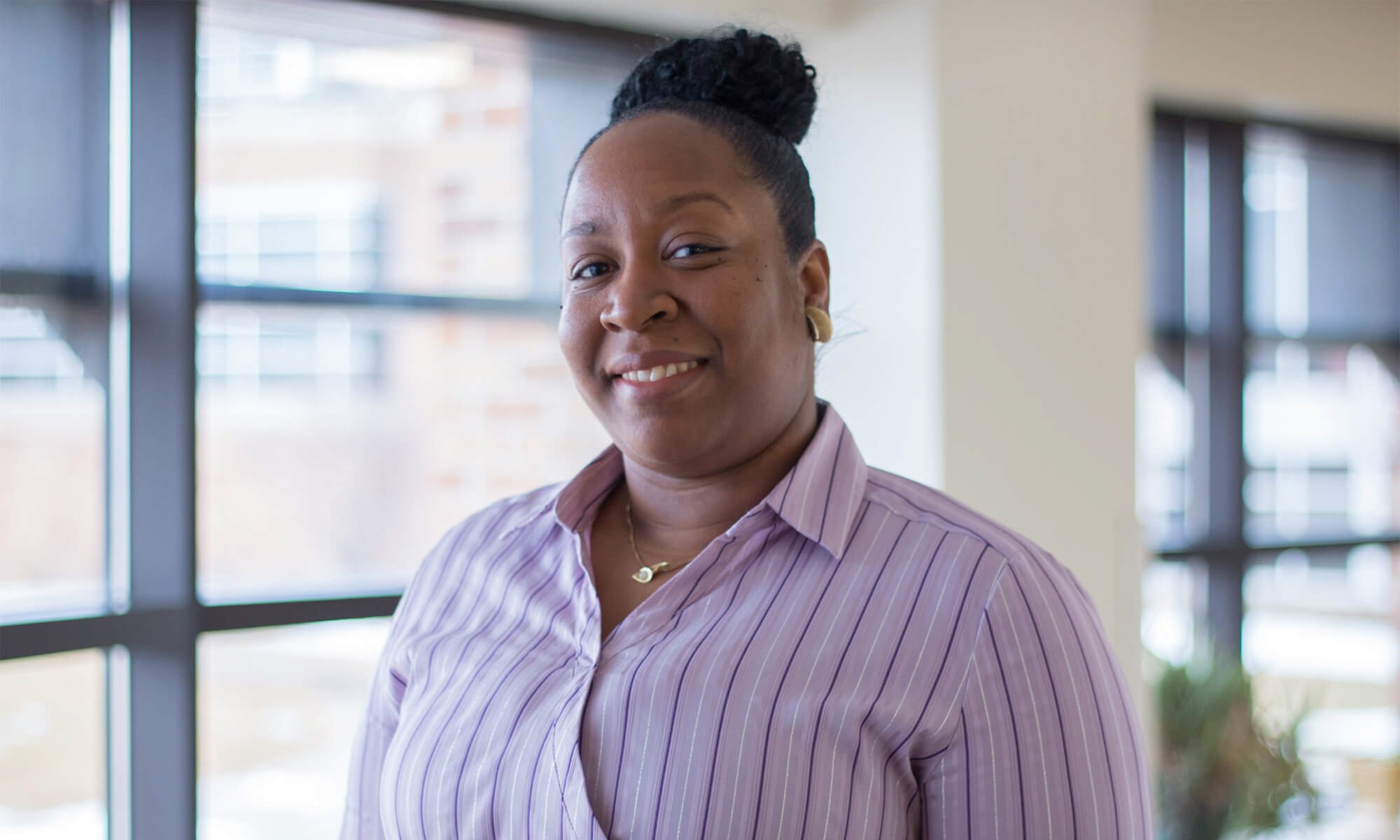
Editor's Note: This is one in a series of blog posts written by Rachel Heil ('19) highlighting Concordia faculty members' research efforts.
She has been with Concordia University for barely a year, yet Dr. Terry-Elinor Reid has already immersed herself into the world of research. However, the journey to Dr. Reid’s career path has not always been as smooth.
Dr. Reid, who is from Jamaica, received a degree in chemical engineering from Howard University. It was while pursuing her bachelor’s degree that Dr. Reid was first introduced to doing lab work with one of her advisers. During that time Dr. Reid learned a lot about bio tech work, sparking her interest in doing similar research, a desire that only grew stronger when she realized she didn’t want to work for an oil company, where most people with chemical engineering degrees work. Dr. Reid eventually got a job working for a biotech company that was doing stem cell research.
The experience only grew her interest and after doing some research for orthopedic surgeons, she decided to go back to college and get her PhD in pharmaceutical science where she specializes in Medicinal Chemistry. It was during Dr. Reid’s last year that she was asked to lecture a biochemistry course, which she enjoyed thoroughly and was told by students that she was a good lecturer, thus convincing her to consider teaching. Now, while teaching students, Dr. Reid is continuing to pursue her passion for research.
While Dr. Reid has previously been a part of anti-cancer drug discovery research, she is mostly interested in HIV and finding a cure. Dr. Reid believes that the answer to curing HIV lies in the activation of HIV latent reservoirs, thus allowing complete eradication of the virus upon taking antiretroviral therapy. To this end she is currently conducting computer-aided drug discovery to find latency reverse agents that will activate these dormant reservoirs.
While the research can be difficult, Dr. Reid, who also enjoys traveling, playing tennis, and reading books that aren’t too serious, loves doing it.
“I don’t always want to be lecturing,” she explains. “I still love going into the lab and still have various research ideas to pursue.”
Dr. Reid encourages faculty to do research, though she suggests to start simple. “Don’t start off with a really complicated research question. Maybe develop two or three small specific aims and work your way up. Gradually build on the research idea.”
In addition, Dr. Reid argues, doing scholarly work is a positive thing since the overall goal of doing research is to find something new that can impact the lives of people who need help the most which are the sick.
“It’s also nice to know that you contributed to scientific knowledge,” she adds.
Dr. Reid also believes that doing scholarly work helps faculty in the classroom. If a faculty member does research, Dr. Reid argues, it might encourage their students to also engage in research which can only enhance the student’s understanding of what is being taught in the classroom.
“Both student and faculty benefits from conducting research,” Dr. Reid states.
—
If this story has inspired you, why not explore how you can help further Concordia's mission through giving.